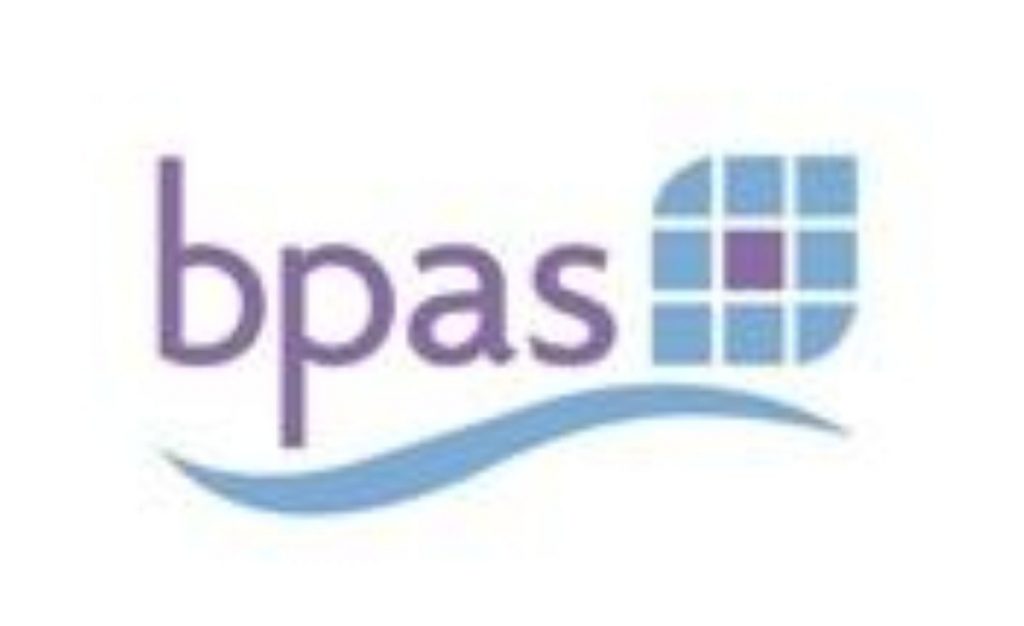bpas: Taking stock of the morning-after pill
Taking stock of the morning-after pill
Clare Murphy, BPAS Director of Press and Public Policy, discusses the reaction to BPAS’s Christmas campaign promoting advance prescription of the Emergency Contraceptive Pill.
During December 2011 BPAS ran a scheme to enable women to request the morning-after pill for free over the internet so she could have it at home in advance of need over the festive period, when pharmacies and clinics might be closed. A nurse would phone her to make sure she was medically suitable, ensure it was not being requested for immediate use, and provide all the necessary information on how and when to use it – then, all things being equal, the emergency contraceptive pill (ECP) would be posted to her home address.
It was interesting to note the difference in response between the enthusiasm of the women who wanted to use the scheme (so many requests in the first 48 hours we couldn’t guarantee Xmas delivery) and that of officials, who were not so keen. The Health Secretary Andrew Lansley, who despite having his hands full with NHS reform, still found the time to express his opprobrium, noting that emergency contraception should be just ‘for emergencies, not everyday use’, and that ideally it would be available in person, so that ‘any decisions were made with the benefit of face-to-face advice’.
It’s a bit odd to describe a woman requesting one solitary pill as someone who is planning on popping it daily – but there you go. What was however prevalent among the women who contacted us was that many had experienced difficulties obtaining the medication in the past, and appreciated being able to speak to someone over the phone who they knew was not judging them, but rather recognising that they were doing a sensible thing. They weren’t planning on being reckless, but wanted to ensure that they had immediate access to an effective way of protecting themselves against an unwanted pregnancy if they needed it. And they perhaps didn’t feel the need – or desire – for time-consuming ‘face-to-face advice’ about the decision whether or not to take the morning-after-pill should the situation arise.
You can’t help thinking that if we’d been offering Viagra free of charge to men in need we would have been slapped on the back, such is still the contradiction in attitudes towards male and female sexuality. Indeed it was interesting to compare the Telegraph’s outrage that a ‘penny-pinching NHS’ was curbing men’s sex lives by rationing erectile dysfunction drugs to two doses per month with its excoriating reaction the same week to our free morning-after pill scheme. That paper lined up no fewer than five critics, including Nadine Dorries MP, whom somehow we just can’t seem to please: she doesn’t like it when we are providing abortions, but appears equally aggrieved when we are trying to prevent the need.
The morning-after pill – much like long-acting reversible contraceptives (LARCs)- was never going to be a silver bullet to cut unwanted pregnancy. Many women do not know their contraception has failed, or believe they are at a time in their cycle when they are unlikely to get pregnant. But did we give up too quickly on it? We know that the cost, inconvenience and embarrassment of obtaining the morning-after pill can put women off obtaining it when they think their risk is low. Our own surveys show that women also worry about the health implications of using ECPs – even though post-coital contraceptives have been around for decades and there is no evidence of any long-term health consequences. But it is not surprising that women have reservations about using ECPs when all the messages around its use in this country have always been so very mixed: use it, but don’t ever need to use it.
This message needs to change. Research is currently being conducted in the USA into using post-coital contraception as a regular form of contraception for women who do not have frequent sex – a ‘before sex’ pill, if you like. It may well alter the narrative around ECP use, from being seen as something to be embarrassed about to becoming recognised as a planned, responsible, course of action. In the meantime, the morning-after pill should be viewed as a legitimate and welcome back-up for women to control their fertility as often as they need to, well deserving of its place on the contraceptive menu.
Are we making the most of the morning after pill? This will be one of the topics for discussion at bpas’ public conference ‘Pills in Practice: is contraception and abortion policy meeting women’s needs?’, on Friday 11 May 2012. For more information and to book a place please see here.
Read on:
UK: Morning-after pill offered free by post. Abortion Review, 6 December 2011





-01.png)